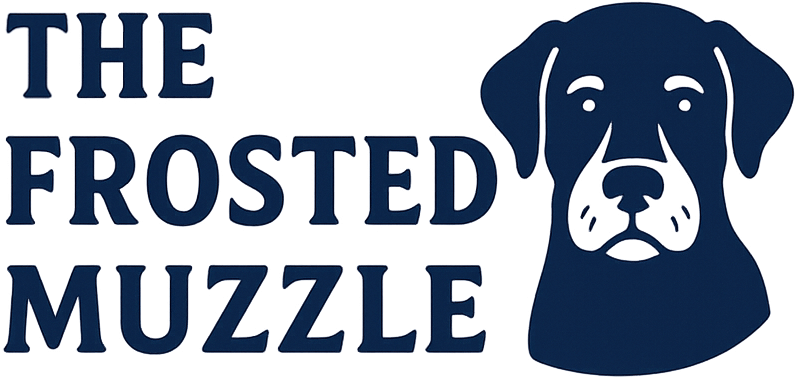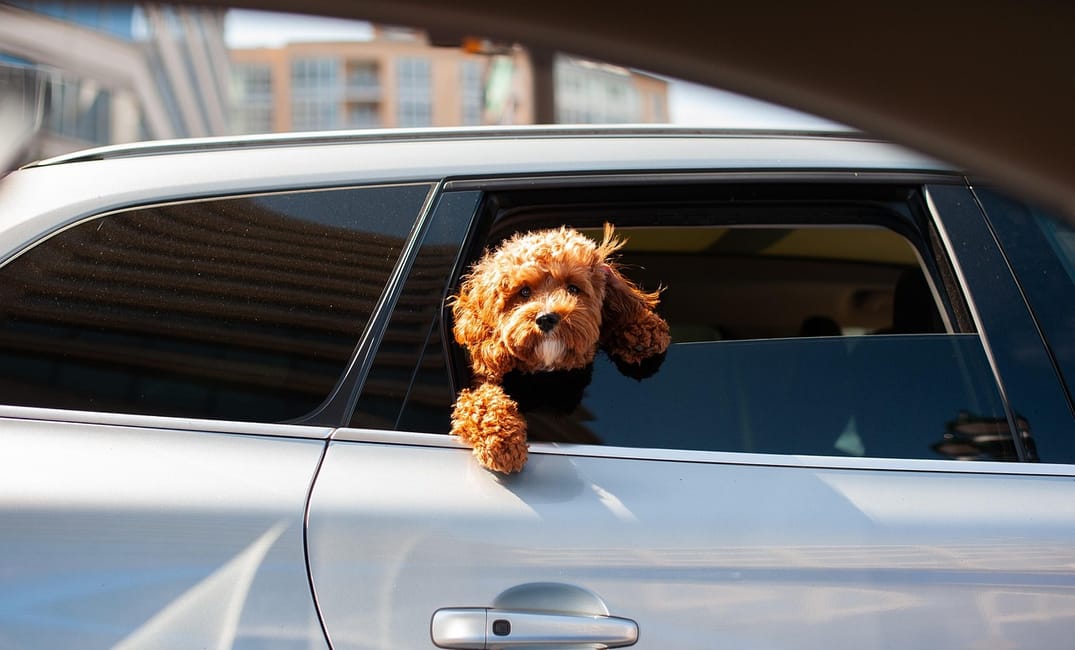Table of Contents
Taking your senior dog for a ride isn’t always as easy as it once was. As dogs age, they can become more sensitive to motion, have joint stiffness, or feel anxious in unfamiliar environments. But that doesn’t mean car rides have to stop. With just a few thoughtful adjustments, you can help your older dog feel more comfortable and secure on the road.
Here are seven simple ways to make travel easier for your aging pup.
Create a Cozy Space in the Car
Older dogs need a space where they feel safe and supported. Lay down a thick blanket or a memory foam dog bed in the back seat or cargo area. The added padding helps cushion aging joints and keeps them steady during bumps or turns. If your dog usually rides in a crate, line it with soft bedding and make sure it’s secured so it doesn’t slide around.
Use a Ramp or Step for Easy Access
Jumping in and out of the car can be tough on arthritic joints. A foldable ramp or portable step can make a huge difference. These tools reduce strain and prevent injuries, especially for larger breeds. Over time, your dog will learn to use it confidently, making every outing easier for both of you.
Keep the Temperature Just Right
Senior dogs are more sensitive to extreme temperatures. In warm weather, pre-cool the car and make sure the air flows steadily in the back seat. In cooler months, a blanket can help keep them warm. A shaded window screen or sunshade can also block harsh sunlight and keep the ride more comfortable.
Bring Familiar Items
Travel can be stressful for older dogs, especially if they’re dealing with cognitive changes. Bring along a favorite toy, their usual blanket, or something that smells like home. Familiar scents offer comfort and can help reduce anxiety on the road.
Make Pit Stops for Breaks
Older dogs may not be able to hold it as long as they used to. On longer drives, plan to stop every hour or two for a quick bathroom break and a stretch. This not only prevents accidents but also keeps joints from stiffening up during extended periods of sitting.
Stay Calm and Reassuring
Your dog looks to you for cues. If you’re anxious or rushed, they’ll feel it too. Speak softly, offer gentle praise, and try not to make a big deal out of minor hiccups. Calm energy goes a long way in helping your dog stay relaxed.
Talk to Your Vet About Supplements or Medications
If your dog experiences motion sickness or anxiety, your vet may recommend supplements or even mild medications to help. There are also natural calming treats and sprays designed specifically for travel-related stress. Don’t be afraid to ask, there may be a simple solution that makes a big difference.
Car rides can still be a source of joy and connection for you and your older dog. With a few tweaks and a little patience, these outings can become just as enjoyable as they once were, if not more. After all, every adventure is a chance to make new memories, even the quiet ones close to home.

